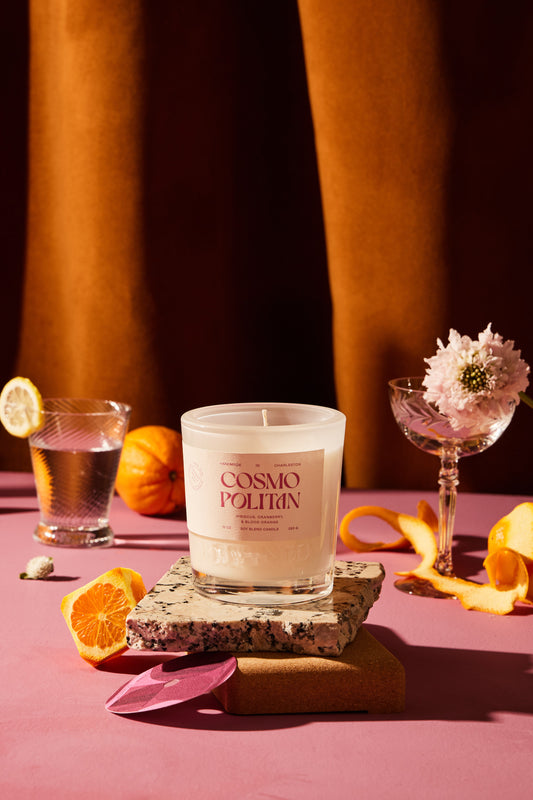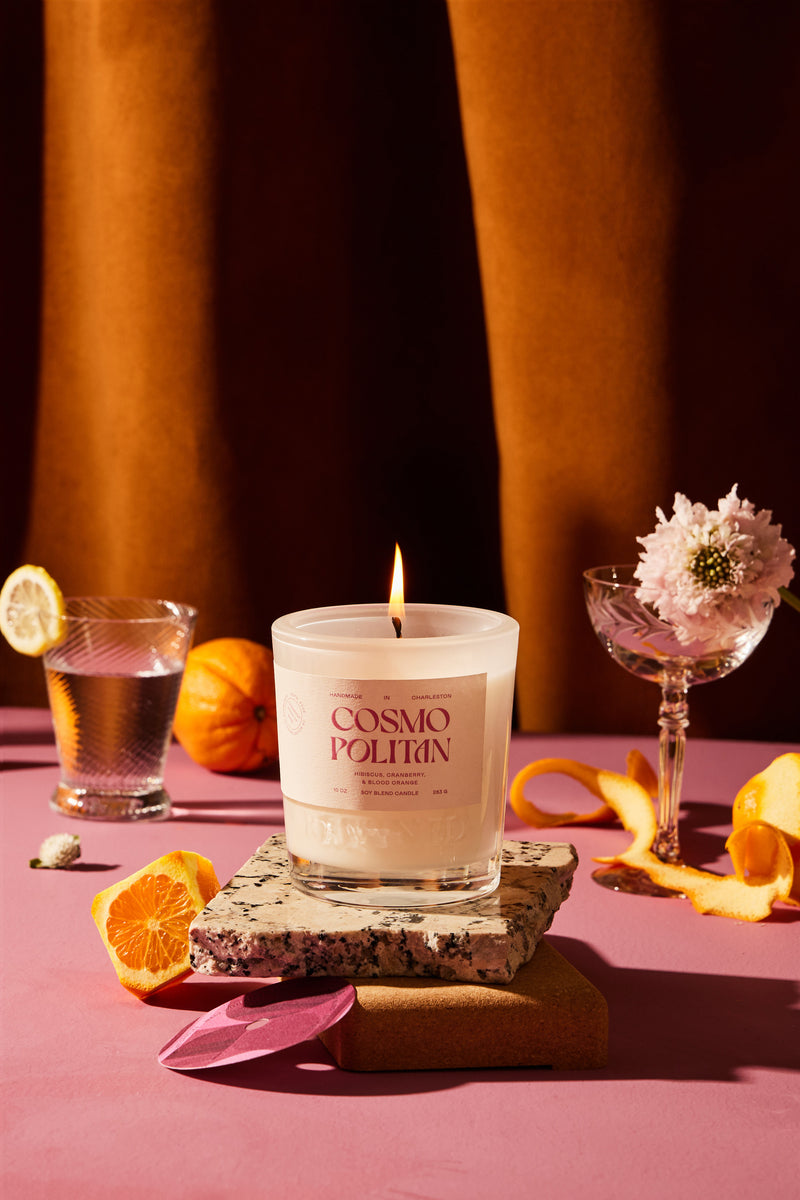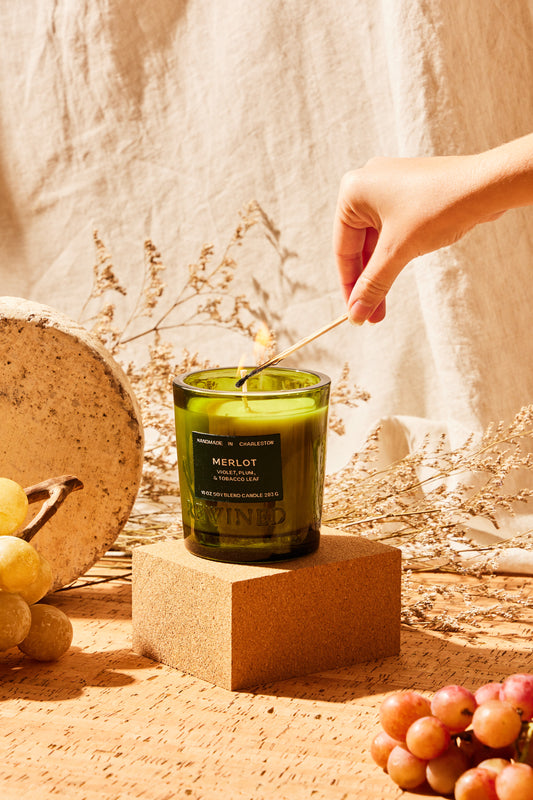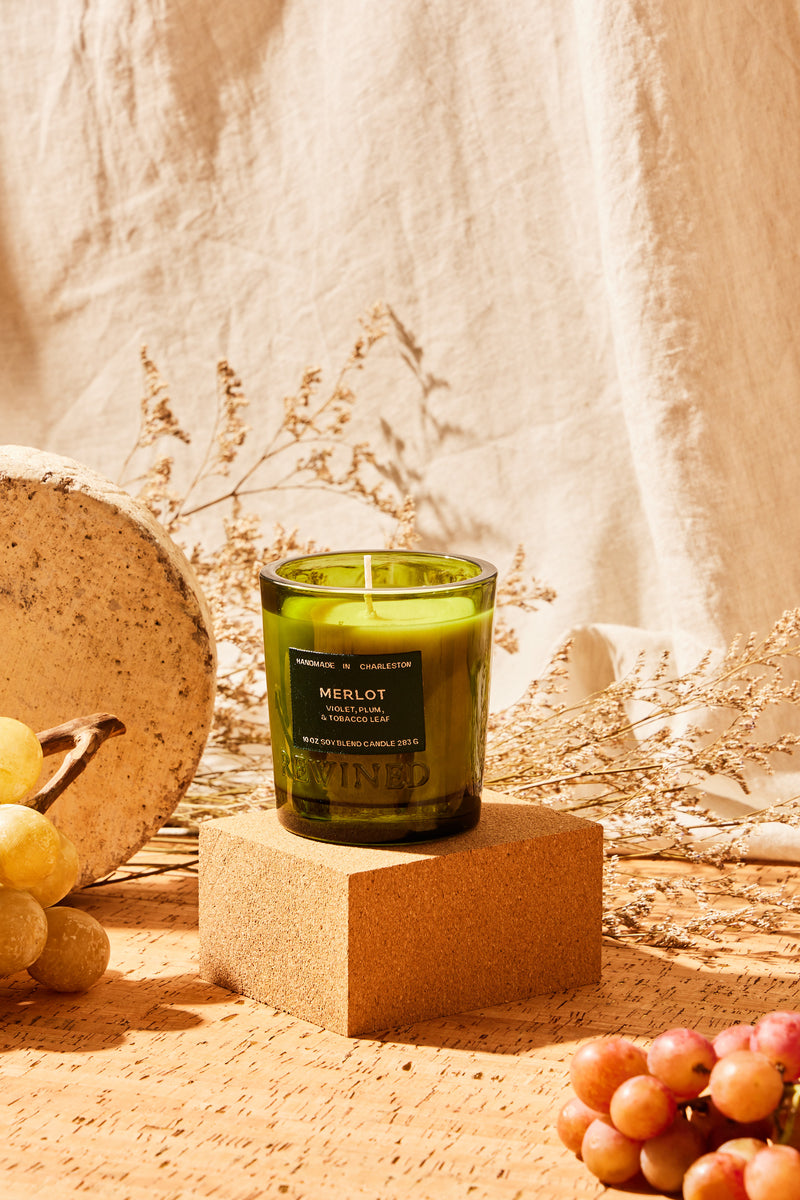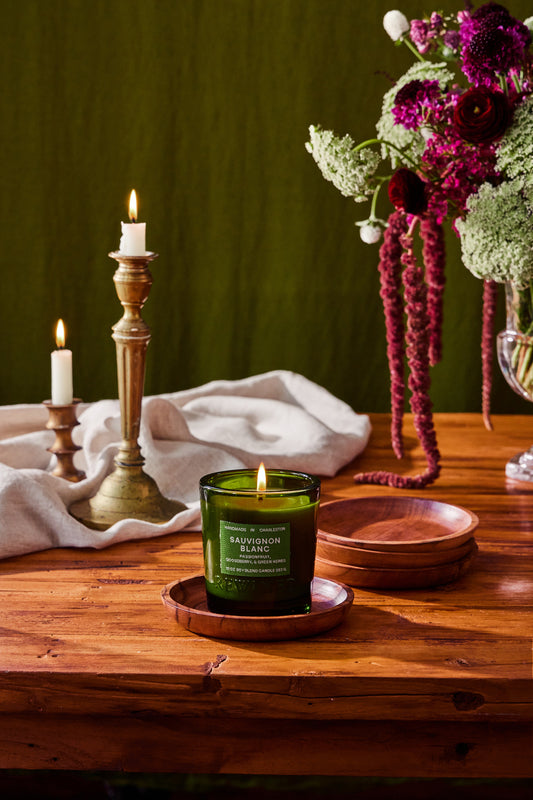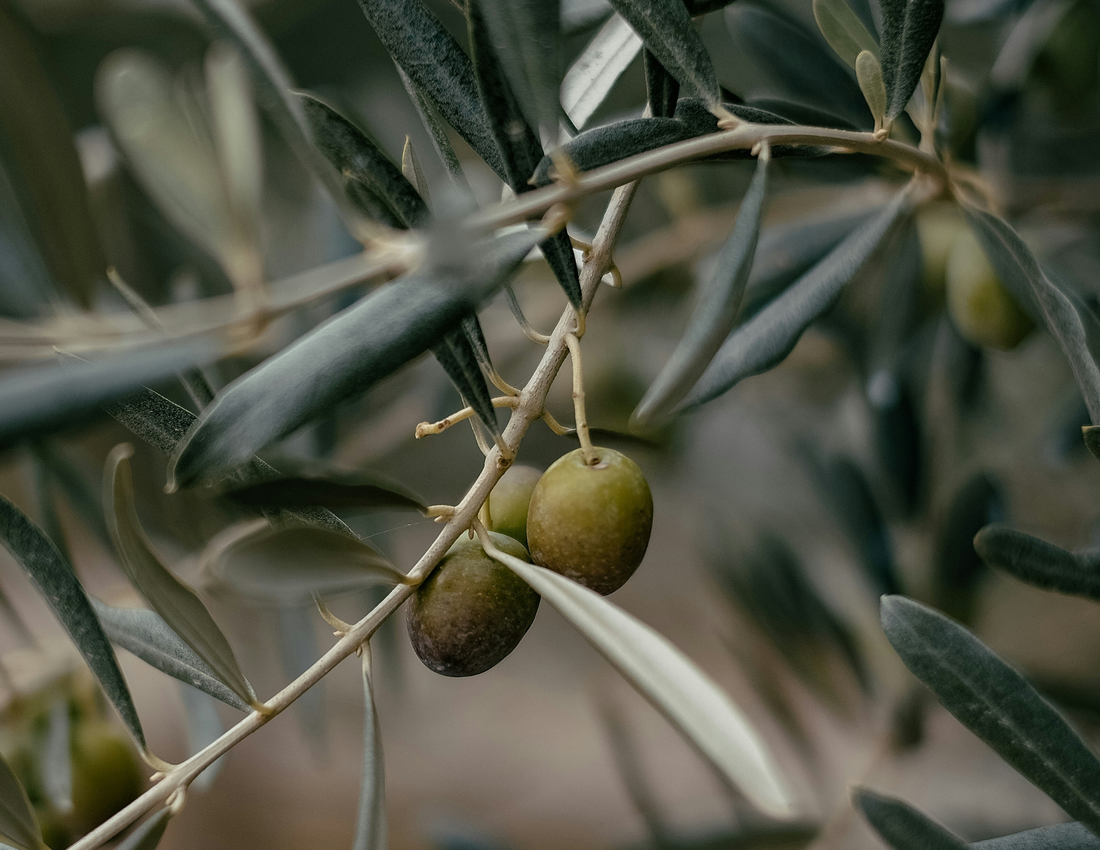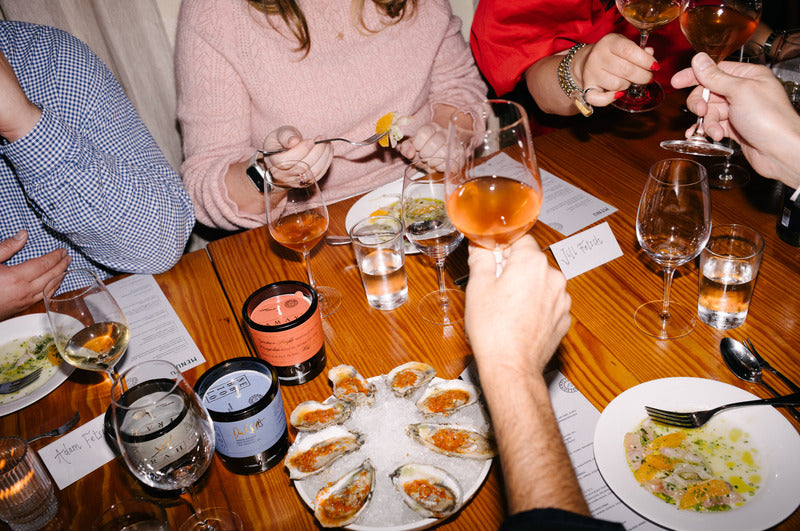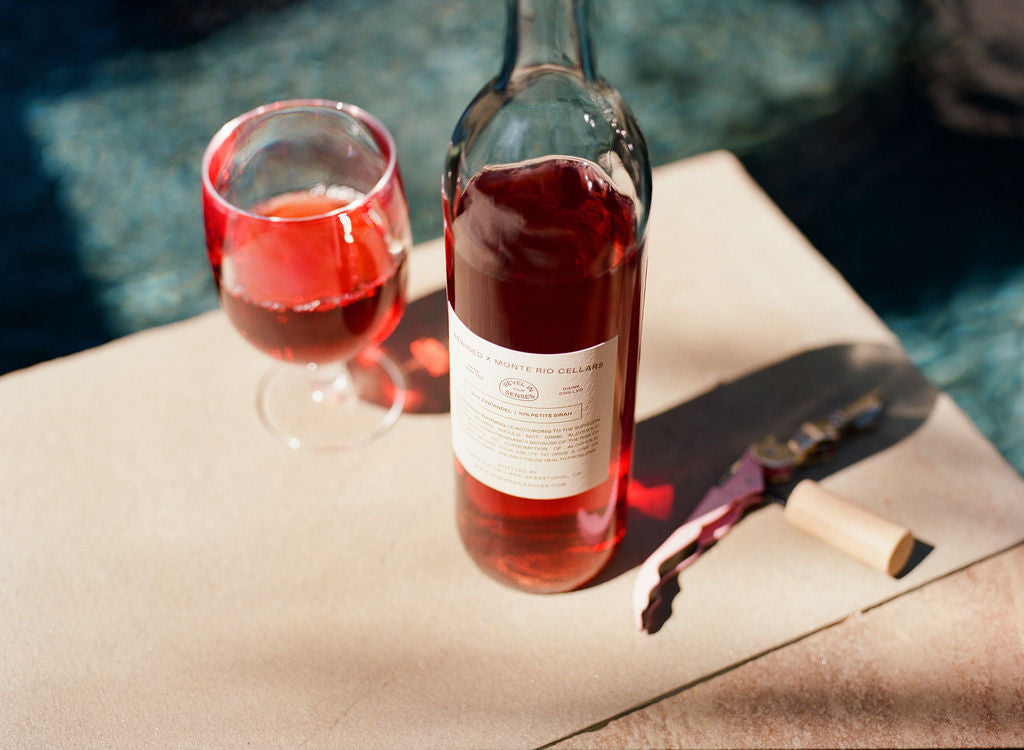Sunlight on Moving Water
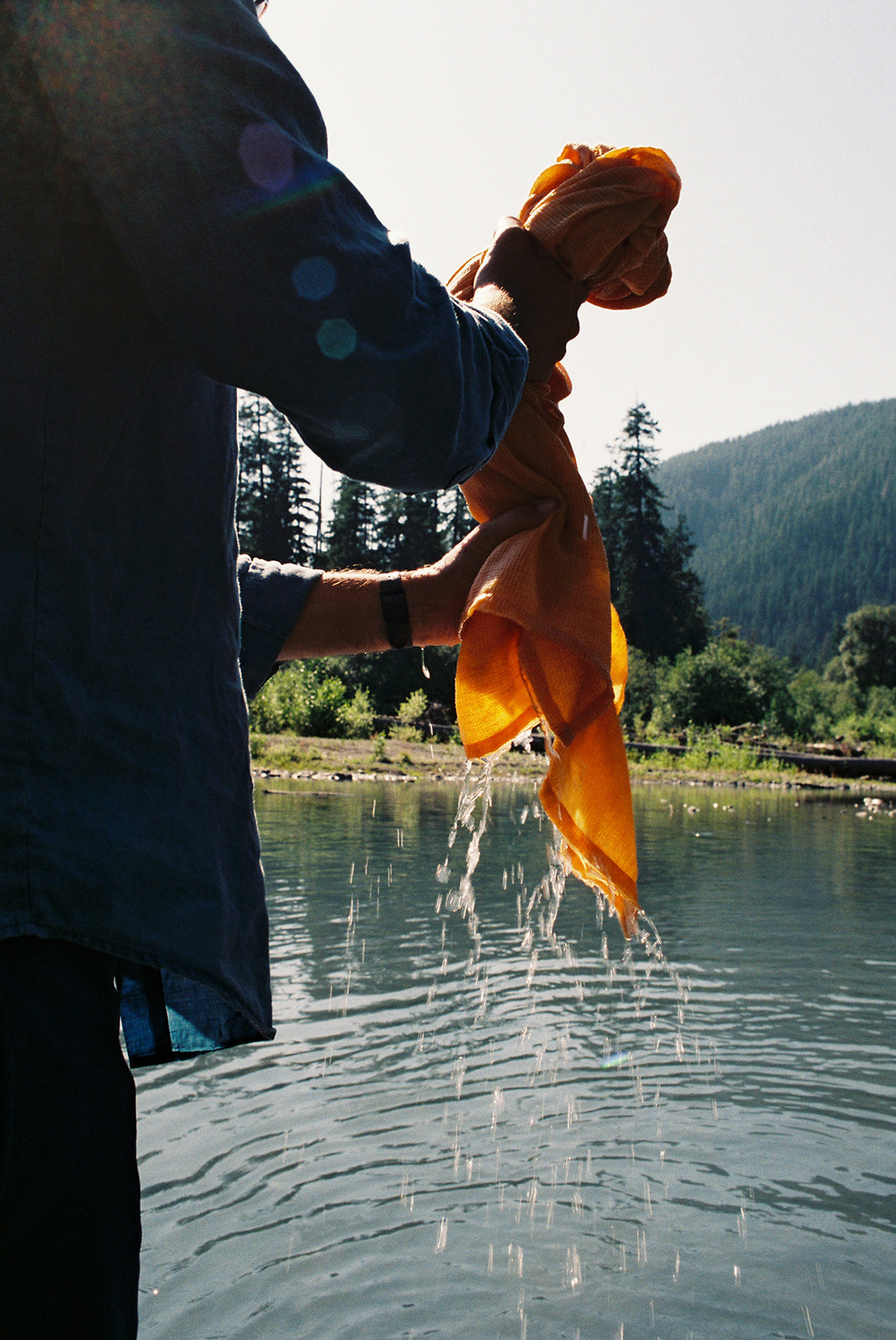
The milky blue river water swirled around my legs as I winced my way knee-deep into the ice current. I can hear the rumble of white water in the distance. From high above, the sunlight floats down gently onto the cheap linen shirt I’ve worn almost every day of our first week of this 49-day road trip along the west coast of the states. At the edge of the river my travel companion - my wife, Lindsey - is sunbathing on a beach towel laid out on the smooth pebbles, reading a book. We’re alone, for as far as I can see in any direction. The steep banks of the river rise to a wall of trees, giant conifers, alders, and big leaf maples, beneath which is our campsite: a tent, fire pit, and picnic table bordered by chest-high ferns.

The Hoh River flows down from the glacier-capped Mt. Olympus in Washington state, stretching chilly fingers into the valley and through a temperate rainforest that’s been called “the quietest place on earth”. The river continues on to the jagged Pacific coastline where the tributaries meet the ocean. Arriving in the Olympic National Park campground, we had seen the thin blue line snaking alongside us on the map, and as we chose a campsite and began to unload gear we noticed from under the dark canopy of mossy trees a hazy opening, like a wall of lemony yellow light hanging high in the distance. Curiously, we approached the source of the light from under the shade of the evergreens to find a path leading down an embankment and the loud whisper of moving water. For the next few days after making coffee, we’d change into swimsuits and pack a soft cooler with a tinfoil-wrapped sandwich and cold wine and head down to the river.

The word for spirit and mind is the same word in French, l’esprit. To call something to mind, and to feel something in the spirit, are only semantically different - the experience is the same. Rivers are difficult to separate from their spiritual connotation; in many cultures, bodies of flowing water have been described in metaphor, as a life source, or a depiction of time, or represented baptism and rebirth. The native Americans that had lived on the peninsula called themselves chalá-at. The river, called chalak’ac’it, was part of their identity — they were “the people of the southern river”. It wasn’t until we had left that we recognized the sublime and simple joy of planting ourselves between sunshine and cold water, and thought of the other experiences where we’d practiced this same sense of bliss on other travels: kayaking on clear-blue Gardon River in southern France, on a picnic in the sunny valley below the Ferpécle glacier in Switzerland, and swimming in the tidal rivers back home in the humid subtropical climate of coastal South Carolina. In all these places, a similar experience, almost too simple, yet somehow transformative.

A week later in northern California, we were surprised again at the discovery of another pristine river that was just a short walk from where we set up camp in the Jedediah Smith State Park in the redwood forest. It’s almost embarrassing to say that we didn’t expect to find the Smith River – in the planning of the trip, I felt I’d done plenty of research, even booked our campsite in advance online. I knew the names of the hiking trails that would take us through some of the most impressive groves of ancient redwoods left in the world. I didn’t realize that those hikes were on the other side of a crystalline, shimmering river. Like before, that river became our destination and our schedule was set. Get to the water as early in the day as possible, and spend as much time there as we could before dusk and the chore of building a campfire in the dark. It was the middle of August and the days were still long, but still the shade of the tallest living trees on earth gave us only a precious window of direct sunlight that shone down into the riverbed for a few hours around mid-day. Within that ephemeral moment, the surface of the water glimmered with refracted light.

Swimming out to the center of the river, I could reach down with stretched legs without touching the bottom, and beneath the surface the water was clear as cut glass. Smooth stones glowed like gems on the riverbed and fluorescent-green algae swayed gently, weightlessly in the current. Across the river was a still and silent pool hidden behind room-sized boulders, with tiny fish darting around in the knee-deep water. Lindsey swam over to see it before swimming back across to sit on the bank with a book and wine in a ceramic cup with a painted cat on it that we’d found at the gift shop of the Japanese Garden back in Portland. It felt like a secret place, the kind of place you dream of in childhood. After some time, the magic of the secret pool was disintegrated by reality, when a pair of yelling teens splashed by on inflatable tubes. I watched them float past from atop the rocks, where the sun was slowly drying my skin and my shorts. When the sun went behind the redwoods, the air cooled noticeably, and it was hard to slide back into the cold river again to cross to the other side. As I pushed off from the rock, I thought of how I would miss this place when we continued south and eventually on to the desert, where an oasis like this only exists as a hallucination brought on by dehydration. Swimming, I opened my mouth and swallowed a gulp, wanting to take a little taste of the river with me when I left.
